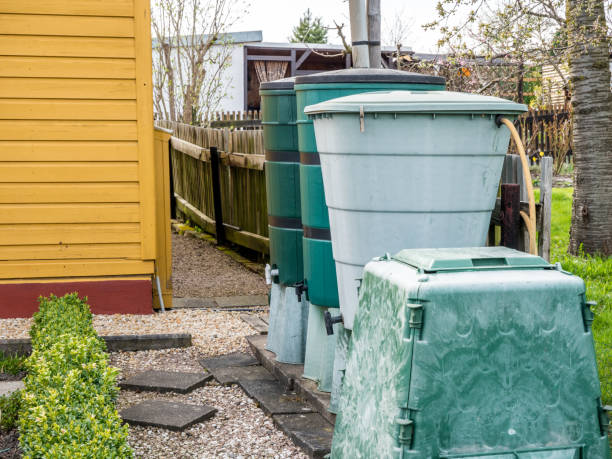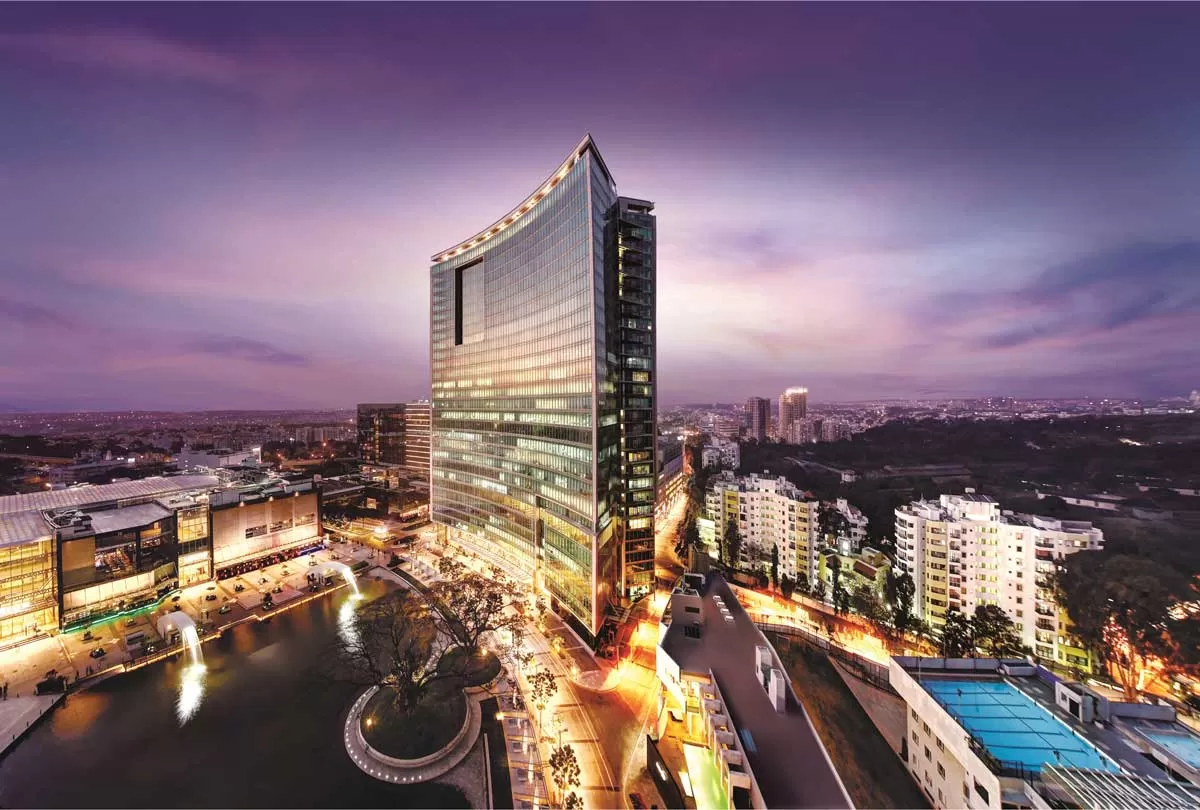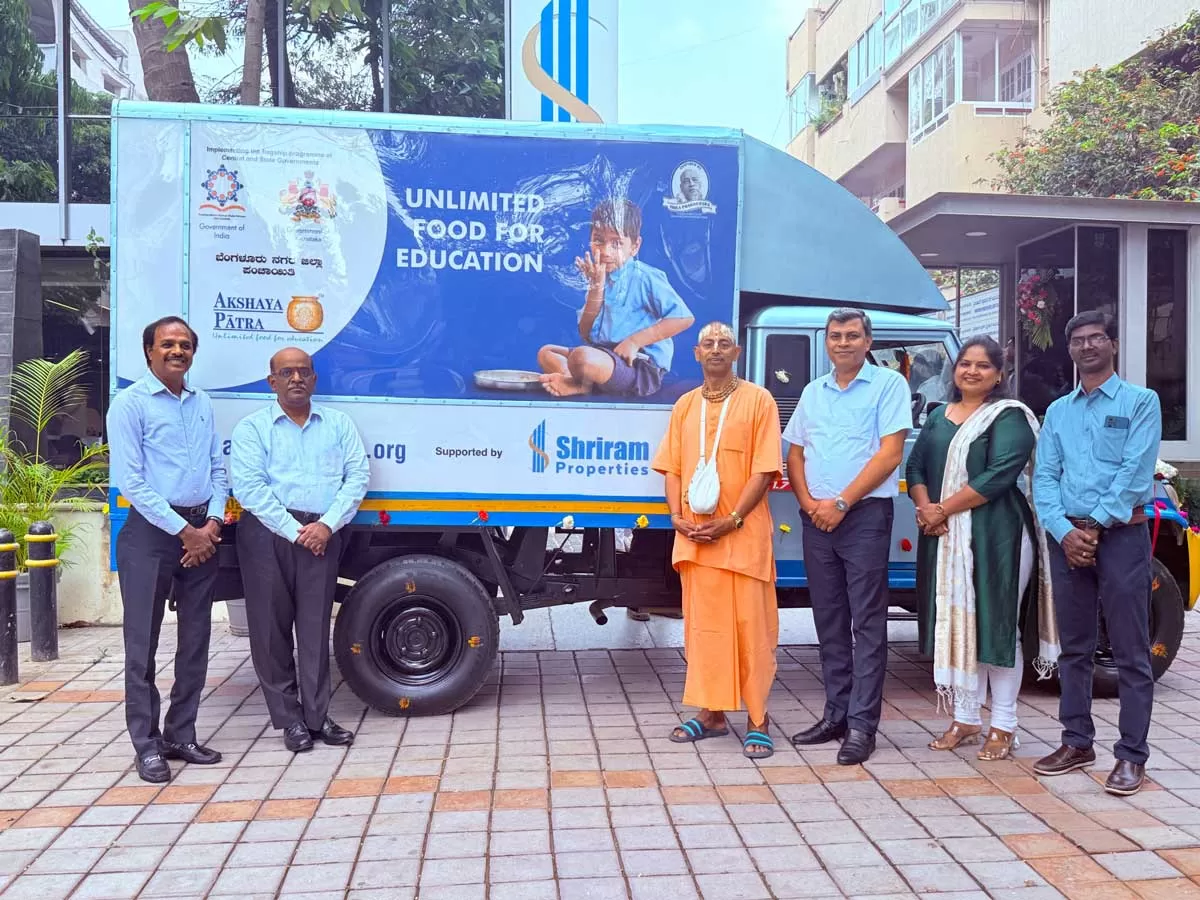
SCB to mandate rain-water harvesting pits for new buildings

HDFC Capital Invests Rs 13 Billion in Total Environment
HDFC Capital has partnered with Total Environment to create a Rs 13 billion platform for premium residential developments in Bengaluru.This collaboration will add 6.5 million sq ft of new projects to Total Environment’s ongoing 16 million square feet, with a combined Gross Development Value of Rs 101 billion, to be delivered over four to five years.Vipul Roongta, Managing Director & CEO, HDFC Capital, highlighted the company’s focus on partnering with trusted developers to meet the demand for sustainable homes. Kamal Sagar, Founder, Total Environment, stated that the investment would a..

Brigade Group Acquires Land in Whitefield for Rs 9.5 billion Project
Brigade Group has acquired 4.4 acre in Whitefield, East Bengaluru, for a premium residential project with a development potential of 0.6 million sq ft and a Gross Development Value of Rs 9.5 billion.“This project will not only enhance our portfolio but also offer an exceptional living experience for our customers. Strategically, this land parcel aligns perfectly with our vision for premium residential development. The deal underlines our commitment to growth, innovation, and redefining luxury living in Bengaluru. With Whitefield’s prime location and robust infrastructure, we are confident ..

Shriram Properties Supports Mid-Day Meals for 2.63 Lakh Children
Shriram Properties has partnered with The Akshaya Patra Foundation to provide mid-day meals to 2.63 lakh schoolchildren.The real estate firm has supported the initiative since 2016 and reaffirmed its commitment to the programme, which serves over 2.25 million students daily in government and government-aided schools under the PM Poshan Scheme. The initiative aims to tackle malnutrition, improve attendance, and enhance learning outcomes.Murali Malayappan, Chairman & Managing Director, SPL, stated that the company is committed to social responsibility and sustainable community development. D..














